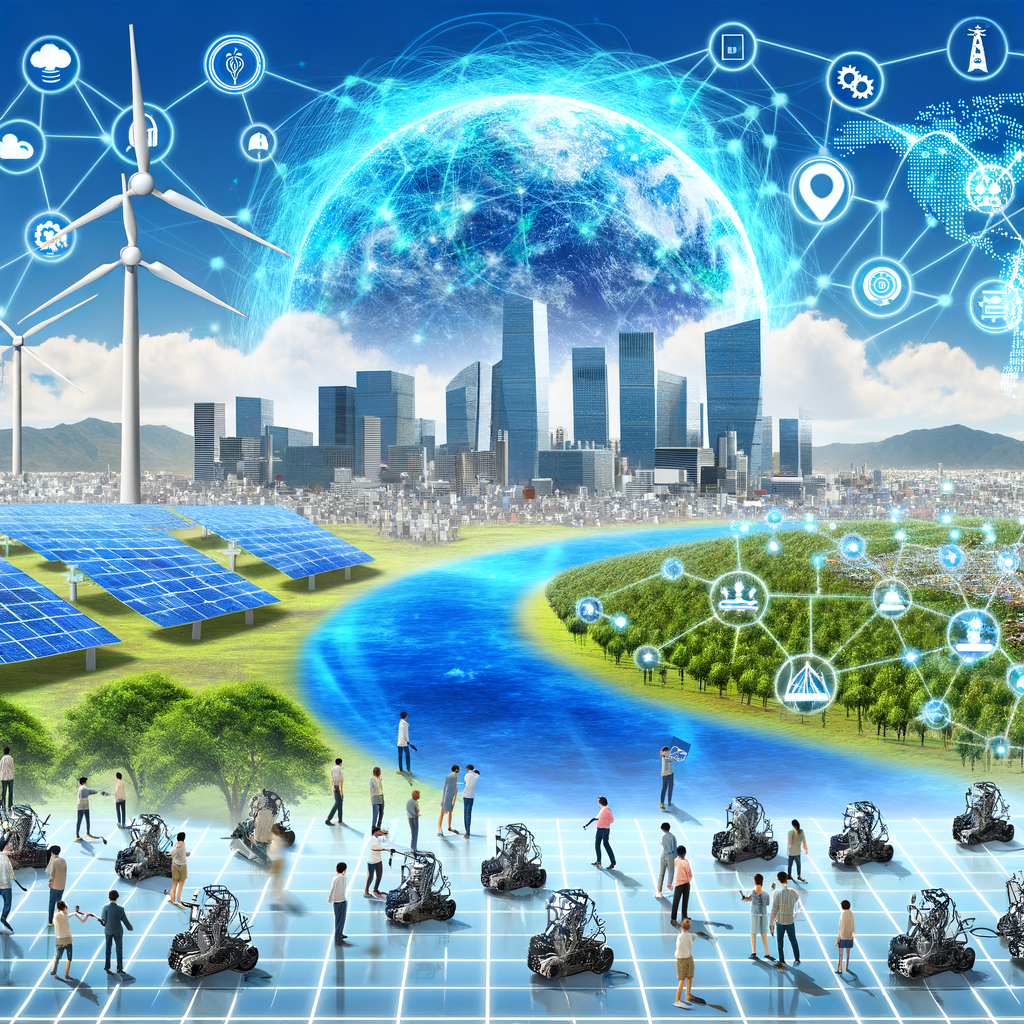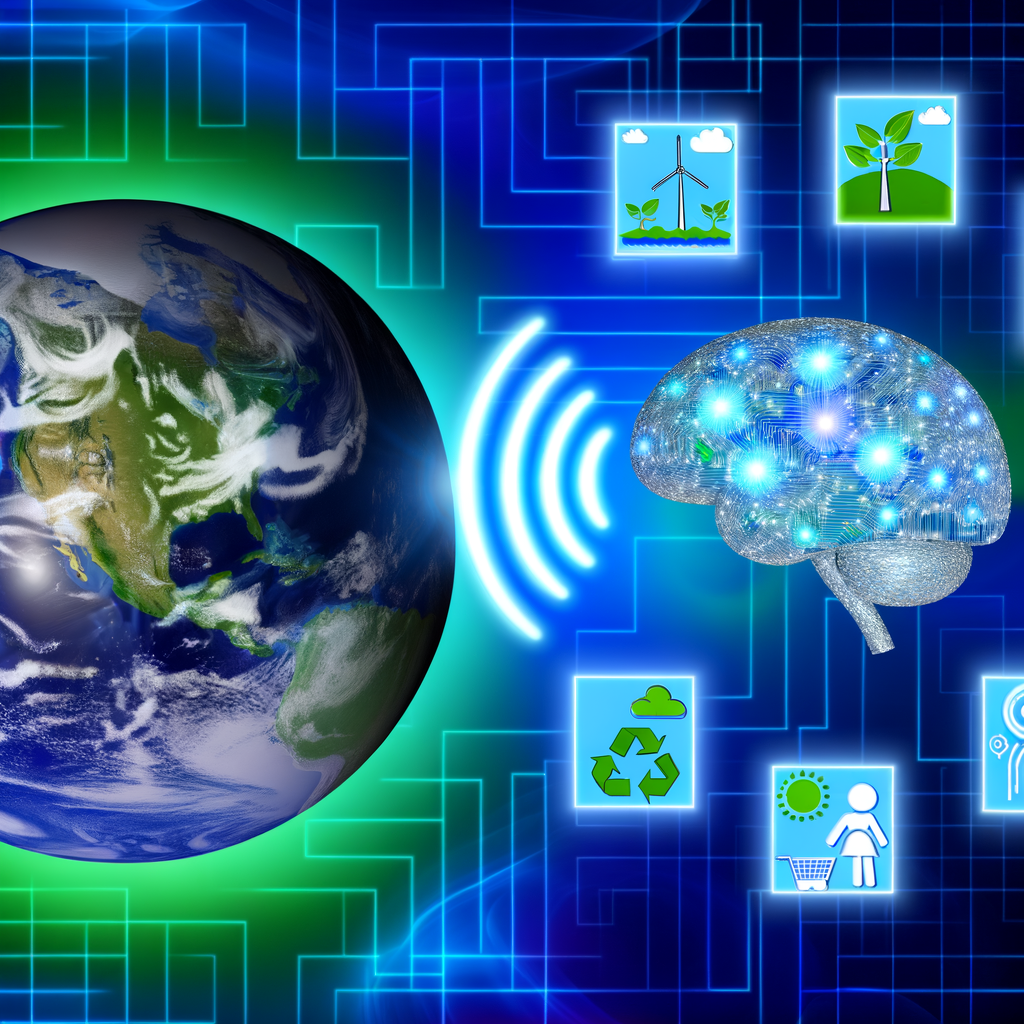Top Artificial Intelligence Trends to Watch in 2025
Artificial intelligence (AI) is a buzzword, indeed, but it’s also a disruptive force that is reshaping industries, transforming how we work, live, and interact. As we approach 2025, it’s essential to look ahead and identify the emerging trends that will define the future landscape of AI. This blog explores the pivotal trends that promise to revolutionize our world, from advancements in machine learning to ethical considerations and AI in everyday life.
1. Enhanced Machine Learning Models
Machine learning has been a cornerstone of artificial intelligence, and in 2025, we will continue to see significant improvements in model performance. One of the most anticipated advancements is transformer models. Originally introduced for natural language processing, transformer models are expanding into various fields, including image recognition and reinforcement learning.
These models enable organizations to handle vast data sets more efficiently and extract actionable insights. Companies will leverage these advancements to optimize their operations, enhance customer experiences, and drive innovation. As machine learning models become more sophisticated, the potential for predictive analytics will become a game changer across multiple sectors.
2. AI-Driven Automation in Businesses
Automation has been on the rise, but AI is set to take it a step further. In 2025, we expect to see a surge in AI-driven automation across various industries. From manufacturing to logistics and customer service, AI will streamline processes, reduce operational costs, and improve efficiency.
Businesses will utilize AI tools to automate mundane tasks such as data entry, inventory management, and even customer inquiries through chatbots. This will allow employees to focus on more strategic activities, driving creativity and innovation within organizations. Companies that harness AI-driven automation will have a competitive edge as they adapt to the ever-changing market landscape.
3. Rise of AI Ethics and Governance
As AI technology advances, the importance of AI ethics and governance will become increasingly critical. In 2025, we can expect organizations and governments to prioritize developing frameworks that ensure responsible AI use. This includes addressing issues such as data privacy, bias in algorithms, and the transparency of AI decision-making processes.
According to a recent report from the IEEE, concerns about AI ethics are prompting the establishment of regulatory bodies to oversee AI deployment. Organizations that prioritize ethical AI practices will not only build consumer trust but also create a sustainable technological environment. Ethical considerations will become a key differentiator for companies, marking an essential evolution in the artificial intelligence landscape.
4. Democratization of AI Technology
The democratization of AI technology means making it accessible to a broader audience, especially small and medium-sized enterprises (SMEs). By 2025, we will witness a surge in user-friendly AI tools designed for non-experts, allowing businesses of all sizes to implement AI solutions without needing extensive technical knowledge.
This trend will empower SMEs to compete with larger corporations by leveraging AI capabilities, fostering innovation, and driving economic growth. Open-source platforms and cloud-based AI services will play a significant role in this democratization, providing businesses with affordable access to advanced AI technologies.
5. Natural Language Processing (NLP) Advancements
Natural Language Processing (NLP) is set to undergo significant transformations as we move towards 2025. With advancements in models and algorithms, NLP will become more sophisticated, leading to improved machine understanding of human language.
Organizations will increasingly adopt NLP solutions for their customer service operations, leveraging chatbots and virtual assistants to provide personalized support. These systems will analyze customer feedback and sentiment, enabling businesses to make data-driven decisions promptly. This trend will redefine how companies engage with customers, leading to enhanced satisfaction and loyalty.
6. Edge Computing and AI Integration
As the Internet of Things (IoT) expands, the need for real-time data processing will surge. By 2025, the integration of edge computing and AI will become a defining trend. Edge computing allows data processing to occur closer to the source, reducing latency and improving efficiency.
This will be particularly beneficial for industries such as healthcare, manufacturing, and autonomous vehicles, where real-time responses are critical. AI-powered edge devices will analyze data locally, enabling faster decision-making and reducing the need for extensive cloud resources. This shift will catalyze the development of smarter, more responsive systems across various sectors.
7. AI in Cybersecurity
As cyber threats become increasingly complex, AI is expected to play a pivotal role in enhancing cybersecurity measures. In 2025, AI-driven solutions will be widely adopted for threat detection and response, allowing organizations to identify and mitigate risks in real-time.
Machine learning algorithms will analyze network behavior, helping cybersecurity teams identify anomalies and potential breaches. This proactive approach to security will be essential in safeguarding sensitive data and maintaining consumer trust. Companies that implement AI in their cybersecurity strategies will be better positioned to navigate the evolving threat landscape.
Conclusion
As we look towards 2025, the potential of artificial intelligence seems boundless. From enhanced machine learning models and AI-driven automation to ethical considerations and cybersecurity advancements, AI will undoubtedly reshape our world. Businesses, governments, and individuals must stay informed about these trends to harness the power of AI responsibly and effectively. The future of AI is not just about technology—it’s about how we use it to create a better, more equitable society.
Whether you are a tech enthusiast, a business leader, or simply curious about the impact of AI, keeping an eye on these trends will help you understand the transformative potential of artificial intelligence in the years to come.


